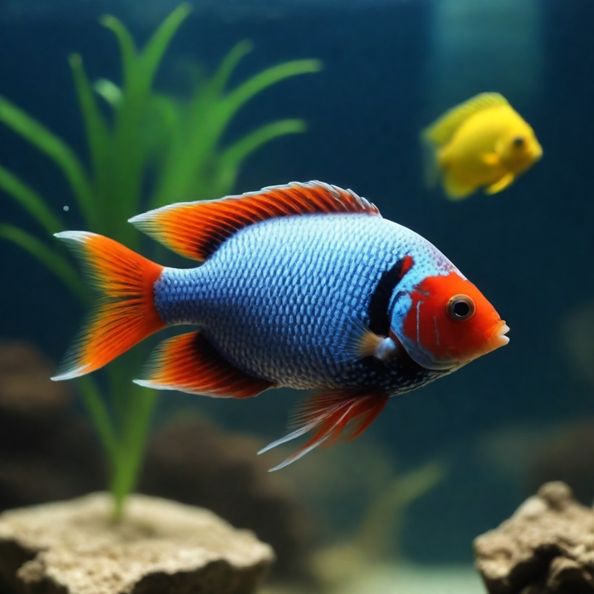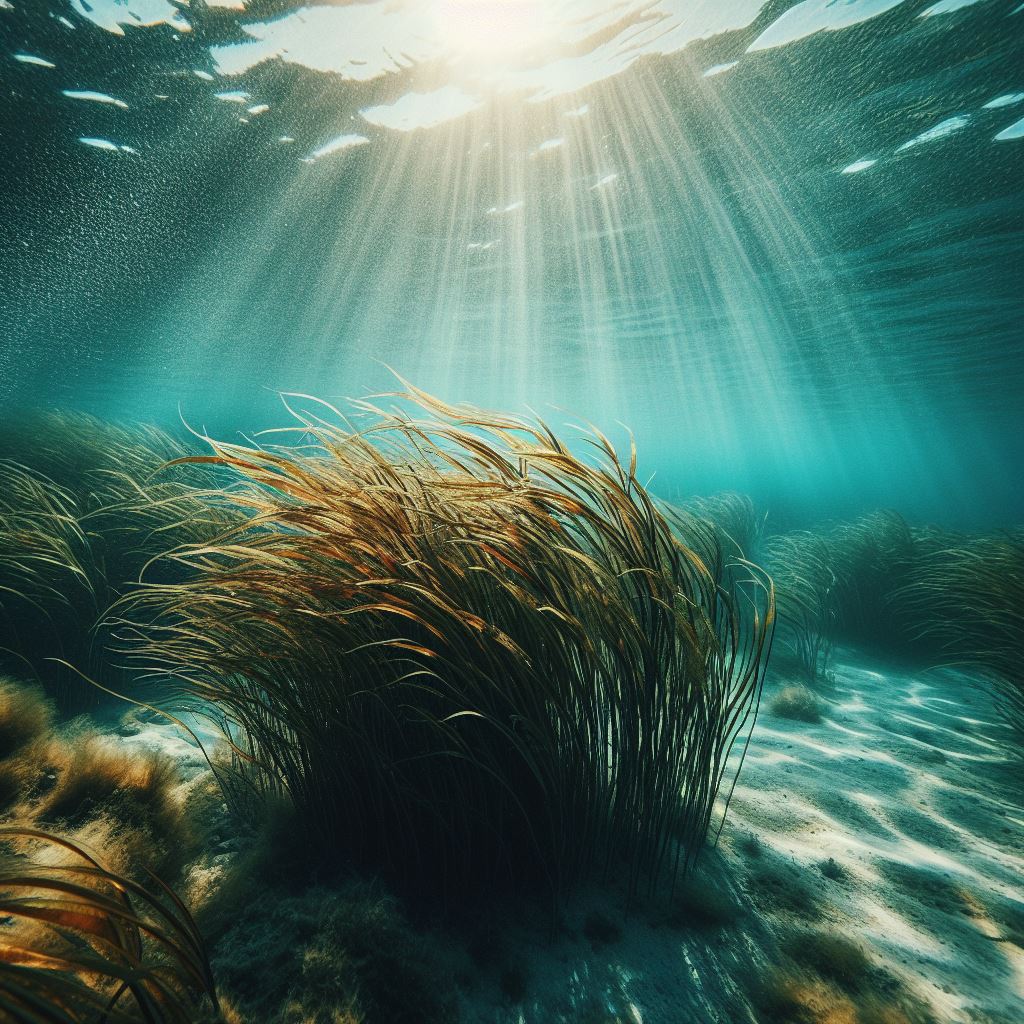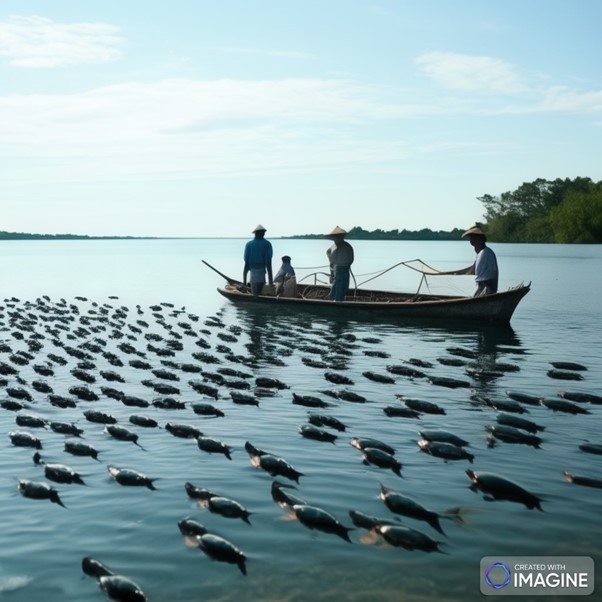Implementing Sustainable Aquaculture Practices
Article By: Farah Izana Abdullah
To implement sustainable aquaculture practices, several steps can be taken:
- Site Planning: Select aquaculture sites that are suitable, considering ecological factors and minimizing habitat destruction. Avoid sensitive areas such as mangroves and protected natural areas.
- Waste Management: Establish proper waste management systems to reduce water pollution. Use waste treatment technologies and continuously monitor water quality. Ensure proper handling of leftover feed and fish excrement.
- Feed Selection: Replace wild-caught fish-dependent feed with sustainable alternative feed options. Develop feeds using plant-based ingredients or by-products from the food industry.
- Fish Health and Maintenance: Maintain fish health through good husbandry practices, including disease monitoring, appropriate vaccinations, and reducing fish density in ponds. Ensure proper feeding practices to avoid feed wastage.
- Water Conservation: Utilize modern aquaculture technologies such as aquaponics or recirculating systems to minimize water usage. Recycle and reuse water within aquaculture operations.
- Technological Innovation: Contribute to research and development to improve technologies and sustainable aquaculture practices. For example, explore the use of renewable energy sources like solar or wind power to reduce greenhouse gas emissions.
- Monitoring and Compliance: Implement strict standards and inspections within the aquaculture industry. Encourage certification systems that promote sustainable aquaculture practices and ensure compliance with environmental standards.
- Awareness and Education: Increase awareness among farmers, industry stakeholders, and consumers about the importance of sustainable aquaculture and its environmental impacts. Promote education and training to ensure the necessary knowledge and skills for sustainable aquaculture practices.
By implementing these steps, we can minimize the negative impacts of aquaculture on the environment and promote the development of sustainable and responsible aquaculture.
Date of Input: 26/06/2023 | Updated: 27/07/2023 | s_humaira
MEDIA SHARING




























